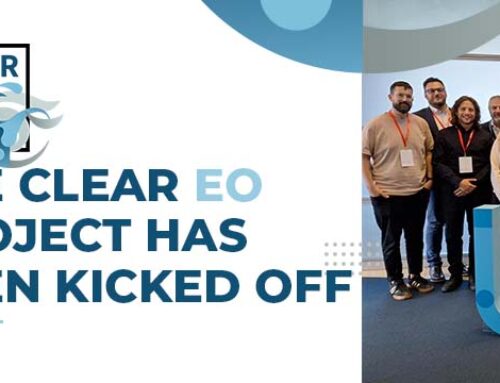Galileo, the global satellite navigation system developed by the European Union, has started testing the Open Service Navigation Message Authentication (OSNMA) signal-in-space broadcast by the satellites. LINKS is at forefront of this new testing phase in collaboration with the Joint Research Centre -JRC of the European Commission.
This is the first-ever transmission of authentication features in open satellite navigation signals, paving the way to a new set of applications where security is a priority.
The OSNMA is an authentication mechanism that allows GNSS receivers to verify the authenticity of GNSS information, making sure that the data they receive are indeed from Galileo and have not been modified. This approach will allow users to leverage the Galileo technology for new, advanced applications in several fields, from autonomous driving to data encryption.
The Executive Director of the European GNSS Agency, Rodrigo da Costa, claimed that “Galileo’s Open Service Navigation Message Authentication is one of its key differentiators. The additional robustness that it will provide to the Galileo signal will be critical for many applications, particularly those where security and trustworthiness are a priority, making the OSNMA a key component in any resilient PNT solution”.
Recently, the European GNSS Agency – GSA, also published a detailed news on this Galileo feature that is available on the GSA website https://www.gsa.europa.eu/newsroom/news/tests-galileo-osnma-underway.








